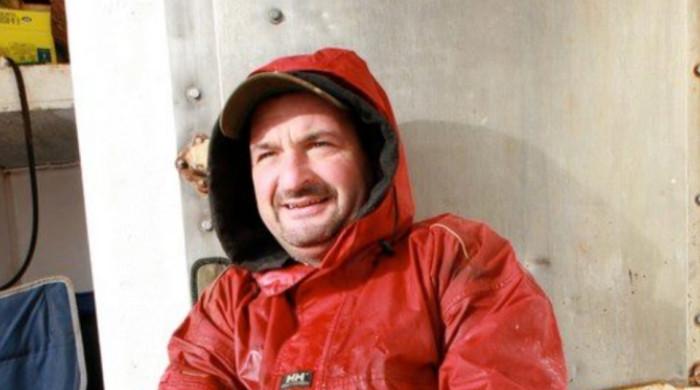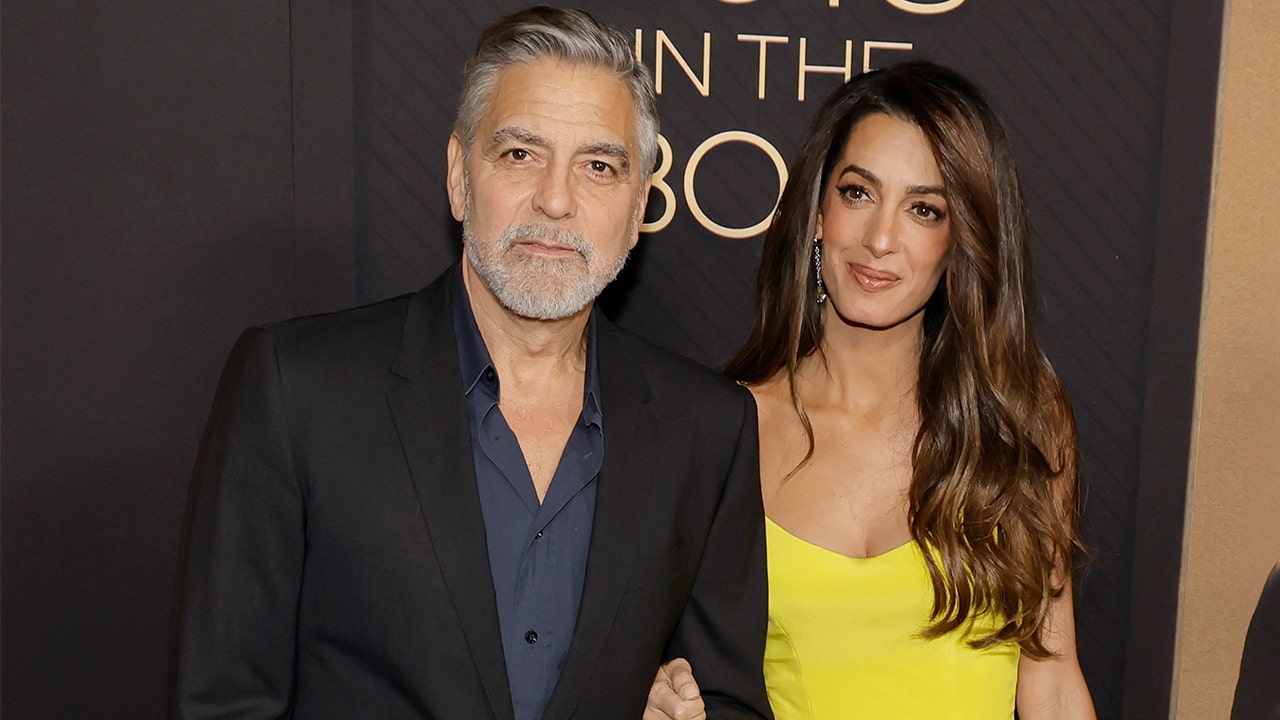An Anchorage motor home rental business closed abruptly Friday, leaving hundreds of visitors out thousands of dollars and scrambling for replacements at the peak of Alaska’s summer tourism season.
The shutdown came a day after the state filed a civil lawsuit accusing the business, Alaska Motor Home Inc., of deceptive practices.
The state claims the company illegally charged customers for deposits before they picked up RVs, overcharged for taxes, and forged at least one customer’s signature, according to a complaint filed Thursday in Anchorage Superior Court.
The complaint names owner Peter Harkovitch and his son, Cole Harkovitch, as defendants along with the business.
The company decided to close without intending to refund customers, yet was still accepting reservations and payments through July, the complaint said.
An Alaska Department of Law spokesman said officials believe there are hundreds of victims in the case, given the company’s anticipated fleet of 60 motor homes this summer.
Other RV companies in Anchorage this week reported a deluge of calls from visitors looking for last-minute rentals. Great Alaskan Holidays received about a hundred inquiries from Alaska Motor Home customers, according to marketing director Bob Johnson.
“It started yesterday morning as soon as we opened, and it has only probably within the last hour began to settle down,” Johnson said Friday afternoon, adding all requests have been accommodated.
At Alaska Motor Home’s offices in South Anchorage on West 64th Avenue near C Street on Friday, two longtime employees expressed sadness over the sudden closing. One cleaned RVs still being returned by customers — the employees said they expected more to be returned through the month — while another said he was shuttling customers to cruise ships or the airport to catch flights home to the Lower 48.
Cole Harkovitch removed his name from the business in May, leaving his father as the sole officer, according to a state corporations database. Cole Harkovitch declined to comment when contacted by the Daily News at the business Friday, saying that “we’re still trying to hash things out. I’m just one of the people caught in the crossfire.”
In a letter to the state Department of Law Wednesday, an attorney representing the company said it was ceasing operations Friday because it was “impossible” to stay in business due to several factors, including the fact that Peter Harkovitch is incarcerated. The letter also references issues with cash reserves, restricted access to computer records, and financing for 20 new motor homes.
“As you are well aware, there will be numerous complaints filed with your office,” attorney Terry Draeger wrote. He was out of state and could not be reached for comment Friday.
:quality(70)/cloudfront-us-east-1.images.arcpublishing.com/adn/NFAKMUOENRBNRLNWXS62OXDVHQ.jpg)
This is the second time the state has filed suit against Alaska Motor Home on charges of unfair practices. The state sued the company and owners in 2019, citing similar problems.
A judge in 2021 ordered a $110,000 fine but as of this week, the company had paid only half, state law officials said Friday. Customer complaints about Alaska Motor Home date back at least as far as 2014, when the company accused the Better Business Bureau of harassment, prompting a wave of criticism.
The state’s complaint also accuses 66-year-old Peter Harkovitch of “a history of using Alaska Motor Home’s assets as his personal assets” to pay for his mortgage, credit card bills, pool cleaning services as well as ATM withdrawals in Florida, Las Vegas, Spain, Italy and other locations. His wife was also able to pull money out of the company’s account, according to the state’s complaint.
Peter Harkovitch is currently incarcerated at Pinellas County Jail in Florida, according to online records. He is charged with aggravated battery, threatening a public servant and criminal mischief, according to online records. Harkovitch is accused of assaulting a family member in March, leaving them in critical condition, according to a complaint filed in that case. He is also accused of destroying the apartment where they lived and urinating on a police officer, according to a sworn affidavit.
The complaint against Alaska Motor Home names a number of customers reporting issues ranging from large fees put on credit cards without authorization to contracts promising insurance the company did not offer and charging taxes above the tax rate.
Peter Harkovitch sent a woman from Utah threatening messages and eventually asked for an “unconscionable” amount of more than $20,000 after a damages dispute, the complaint said. The woman was unable to recoup $7,500 in credit card charges because someone forged her signature on two receipts, it said.
Another customer making his first trip to Alaska this summer told state consumer officials on Tuesday that he prepaid $3,700 for an RV rental and left several messages but no one returned his calls, according to the complaint.
Reynolds Holiman, a Florida engineer who owns property in Homer, said in an interview Friday that he paid $1,840 to drive a new RV from Indiana to Alaska. But in March, Alaska Motor Home put an unauthorized $2,500 deposit on his credit card, Holiman said. Then a few days before the trip was supposed to start in mid-May, he said, the business said the RV was no longer available. He asked for a refund.
Holiman said he had received about $1,400 and the attorney general’s office told him Thursday that the $2,500 deposit was illegal. He said he’s glad to have at least some of the money back.
“Fraud is a strong word, but if they charged me $2,500 they weren’t due yet for a motor home they weren’t paid for yet, that almost sounds like fraud,” Holiman said.
A temporary restraining order requested by the state asks a judge to require Alaska Motor Home to notify customers about the closure, halt new reservations, and preserve company assets and records.
State officials encourage anyone who made reservations with Alaska Motor Home via credit card to check their eligibility for a chargeback and file a consumer complaint.
• • •






:quality(70)/cloudfront-us-east-1.images.arcpublishing.com/adn/5262LZF2PZCXLNCW3455XWC7YA.jpg)























